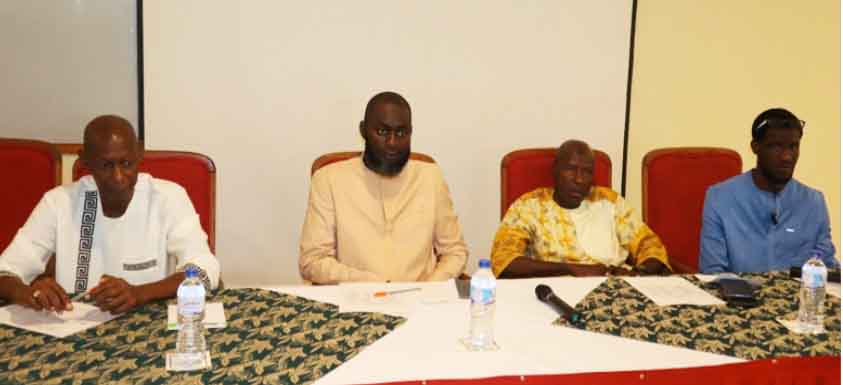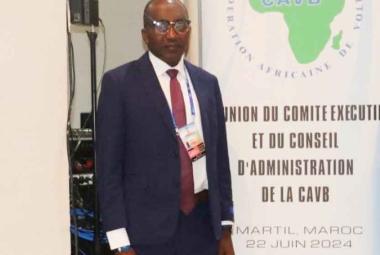By Fatou B. Cham
The Resilience of Organisations for Transformative Smallholder Agriculture (ROOTS) project recently held a validation workshop on its sustainability and exit strategy held at the Kairaba Beach Hotel.
The ROOTS project is being implemented by The Gambia Government with support from the International Fund for Agricultural Development (IFAD), and other development partners.
The project has now approached the mid of its implementation cycle and seeks to develop an exit strategy that will focus on putting in place a comprehensive mechanism for ownership of the key project achievements by national and local stakeholders, as well as the institutionalisation and sustainability of these results during and beyond the project implementation period.
The projects’ development objective is to increase agricultural productivity and access to markets for enhanced food security and nutrition and for the resilience of family farms and farming organisations.
To achieve its objectives, the project supports targeted investments in infrastructure and the technical and organisational capacities of farmer organisations, particularly youth and women.
Muhammed Kebbeh, lead consultant, gave a summary of the project exit strategy which, he said defines the mechanisms through which the factors will enhance project ownership and sustainability.
“The strategy is guided by the realisation that livelihoods are most likely to be sustainable when they can withstand external pressures and shocks, do not depend on unsustainable support, maintain the long-term productivity of natural resources and do not compromise the livelihoods of others,” he said.
He added that the exit strategy is not an initiative isolated from the overall project implementation and management. “It rather seeks to provide strategic guidance on modalities for sustaining project investments and undertaking progressive and smooth exit as key milestones are achieved”.
The strategy, the lead consultant went on, provides an appropriate plan for ensuring the ownership of project results by beneficiaries and national partners, consequently supporting the consolidation and sustainability of key project achievements.
“The development of this strategy has been highly participatory, with extensive consultations with all categories of the project stakeholders from conception to the validation and adoption of the strategy,” he stated.
The operationalisation of the strategy will be spread over the entire period of project implementation to allow for the development of relevant capacities and management expertise in the key areas of project investment.
Mamour Alieu Jagne, Project Director, ROOTS, said they have high expectations of the deliverables and so they would also scrutinise thoroughly because of what they expect from them.
“We have taken time to include as many of the stakeholders in this project as possible because the sustainability and exit strategy has implications for all of us,” he said.
Alagie Nyagadou, Deputy Permanent Secretary at the Ministry of Agriculture, said project sustainability is very important and most of the times it is only limited to what we would consider when we are developing the project and based on assumptions and in most times, he argued these assumptions don’t work.
He applauded the project team for taking an extra mile to review and study the sustainability of the project.




